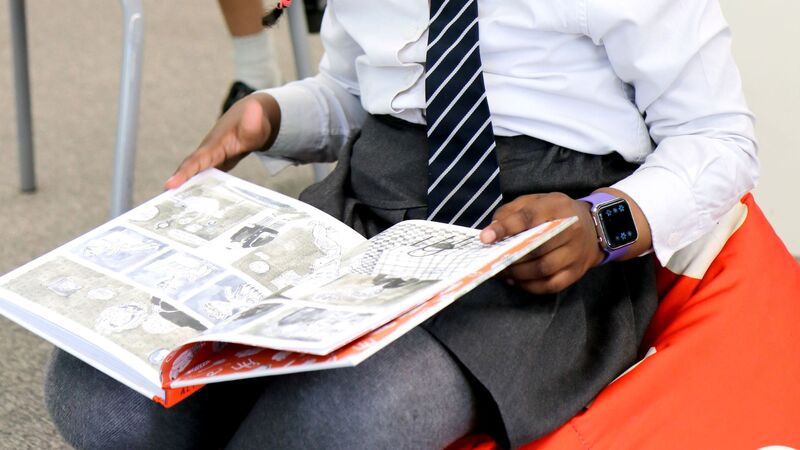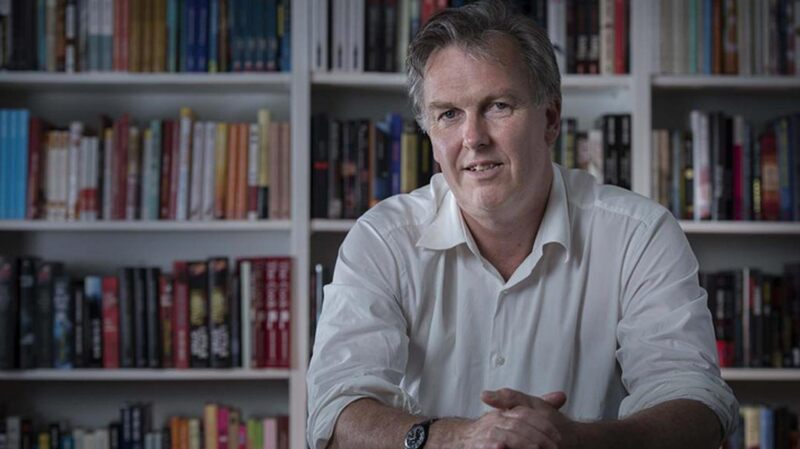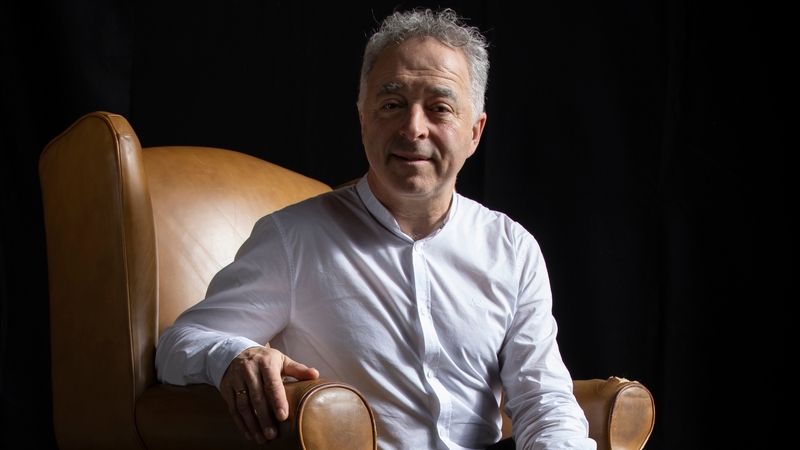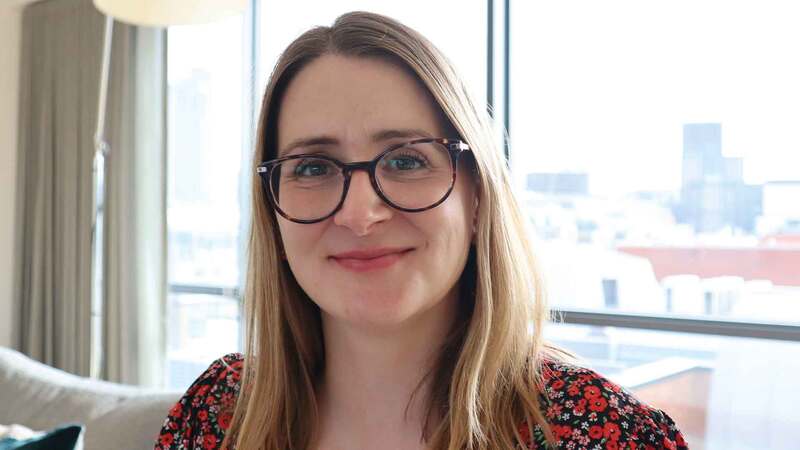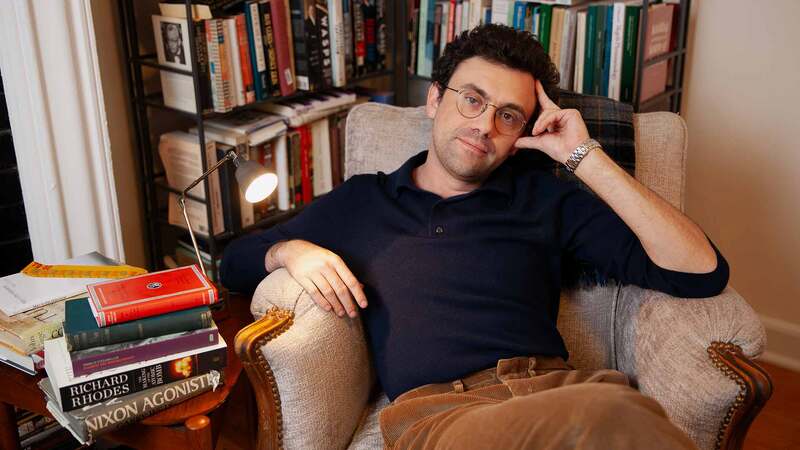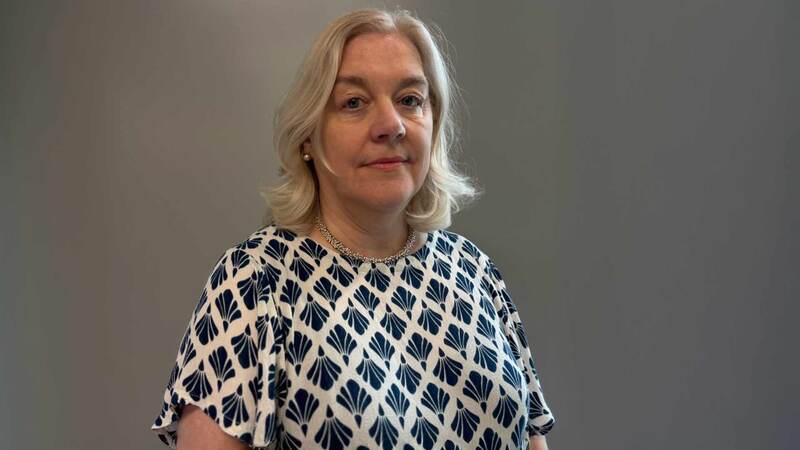You are viewing your 1 free article this month. Login to read more articles.
PRH selects its WriteNow mentees
Penguin Random House has released details of 12 writers from under-represented communities who have been invited onto its new, year-long WriteNow mentoring programme.
The 12 writers include some from LGBTQ, BAME and other marginalised communities, and writers with a disability. Each is being paired with a mentoring editor from Penguin Random House and together the writers and editors will develop manuscripts to make them ready for publication.
Over 2,000 writers applied when the WriteNow programme, aiming to make books and publishing more inclusive, launched last year. One hundred and fifty were then invited to attend regional events in London, Birmingham and Manchester, where they heard from editors, agents and authors including Kit de Waal, Jonathan Coe and Malorie Blackman (pictured). The final 12 – expanded from the 10 whom PRH had originally planned to take on - were chosen on the basis of the quality of their writing.
The mentee writers selected are: Emma-Jane Smith Barton, a second generation British Pakistani woman living in South Wales, who is developing a YA novel Black Moon, about a teenage girl struggling after her brother’s death; Benjamin G Wilson, an LGBTW writer and performer, whose literary novel Dispatch from the City of Orgies includes an exploration of the reality of sexual violence for many queer men in London, including details of the ‘Grindr’ killer Stephen Port murders; Nazneen Ahmed, a British Bangladeshi Muslim, and a historian at University College London, whose YA fantasy fiction novel The Strange Children of Spittlefields is set in the 19th century between London, Gujarat and East Bengal; Charlene Allcott, born in London and working as a carer in a residential home, whose novel The List features a central character who loses her husband and home in a single weekend, leaving her and her friends to draw up a definitive list of what she requires in her perfect man; Nelson Abbey, born in London to Nigerian parents, a journalist and former city banker, whose satirical book Think Like A White Man is a self-help gospel for black people trying to navigate the corporate world; Geraldine Quigley, from Derry in Northern Ireland and working in a call centre, whose novel Music Drugs Love War tells the story of a group of friends in Derry during the 1981 Hunger Strike; Elizabeth-Jane Burnett, a senior lecturer in creative writing at Birmingham, whose book A Dictionary of the Soil is both a memoir and a nature writing book; Rebecca Pizzey, born in Suffolk, whose crime fiction book The Secrets of My Aristophanes is about loss; Emma Morgan, originally from Guernsey but now living in Liverpool, whose This is Clotilde, This is Grace is an “anti-romance novel” about three women in Leeds, one gay, one straight and one bisexual, who all fall in love with the same girl; Manjeet Mann, an actress and playwright from Walsall in the Midlands, whose book Flying Solo is a verse novel for young adults; poet Katie Hale who lives in Cumbria and whose literary novella My Name is Monster is set in a post-apocalyptic nuclear wasteland in a world where there are no men; and one further writer, who prefers to remain anonymous, who has cerebral palsy and is writing a memoir of her life, The Girl With the Woman Behind Her Eyes.
Comments from the mentees include, from Geraldine Quigley, “There is room for everyone’s story, and all genres, but I want to see stories that reflect real life, real ordinary people and the challenges they face. WriteNow told me that I am a writer and that my work is important. They made themselves completely accessible, with no pressure financially, and for me that was huge. That access has shown us that publishers and publishing can and should be for everyone.”
Nazneen Ahmed said: “Just having my story noticed by Penguin Random House has given me the self-belief to think of myself as a writer, and focus on getting my book finished and out there, neither of which seemed possible before. I have also met some inspirational writers who have become very close friends. These friendships have formed the basis of a support network, which is really valuable, as the writing process can be very solitary. We need more diverse books that can speak to the diverse society that is Britain today (and Britain of the past!) but there are so many barriers to being published as a ‘minority’, not least that the publishing industry itself is still so predominantly white, straight and middle class. Schemes like WriteNow reach out to those who wouldn’t otherwise be heard by the industry because they don’t have the right kind of tools, knowledge or conttacts, and that’s crucial to getting more diverse books out there for us all to read."
Benjamin G Wilson commented, of Dispatch from the City of Orgies: “I want this novel to be published! I feel a real responsibility to my community to tell this story. A lot of my writing life has, till this point, felt incredibly risky. As a crazy person with no qualifications, austerity has not made being an artist easy. Choosing to write has often meant turning down work which has meant, in effect, living unsure if I could keep my flat or feed myself…but this novel in particular has involved a lot of emotional risk. Being told that the work was good, and that it could reach people, has meant the world."
PRH UK editor Mainga Bhima, a mentor for the WriteNow programme, said: “We’re thrilled to be able to work with this group of exceptional writers, each with a distinct voice and a brilliant story to tell. The industry and our audiences need stories that reflect the multitude of experiences within our communities. Our job over the next year is to help refine their manuscripts, supporting each of the writers as they develop their stories and work to position their books in the market.”
PRH UK c.e.o. Tom Weldon said: “Books play a unique role in society. They spark conversations and bring people together through new ideas and perspectives. Our role is to seek out voices that speak to all of society and make sure those books and stories are for everyone. That’s why programmes like WriteNow are so important.” He added: “My proudest moment last year was attending WriteNow in Birmingham and I am really excited that we have the opportunity to work with these talented writers over the next year.”
The WriteNow programme has been developed in partnership with writer development charities Spread the Word (London), Writing West Midlands (Birmingham) and Commonword (Manchester).




